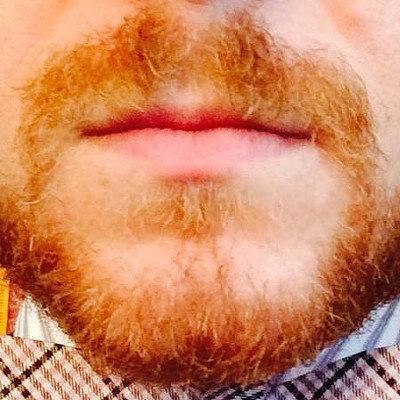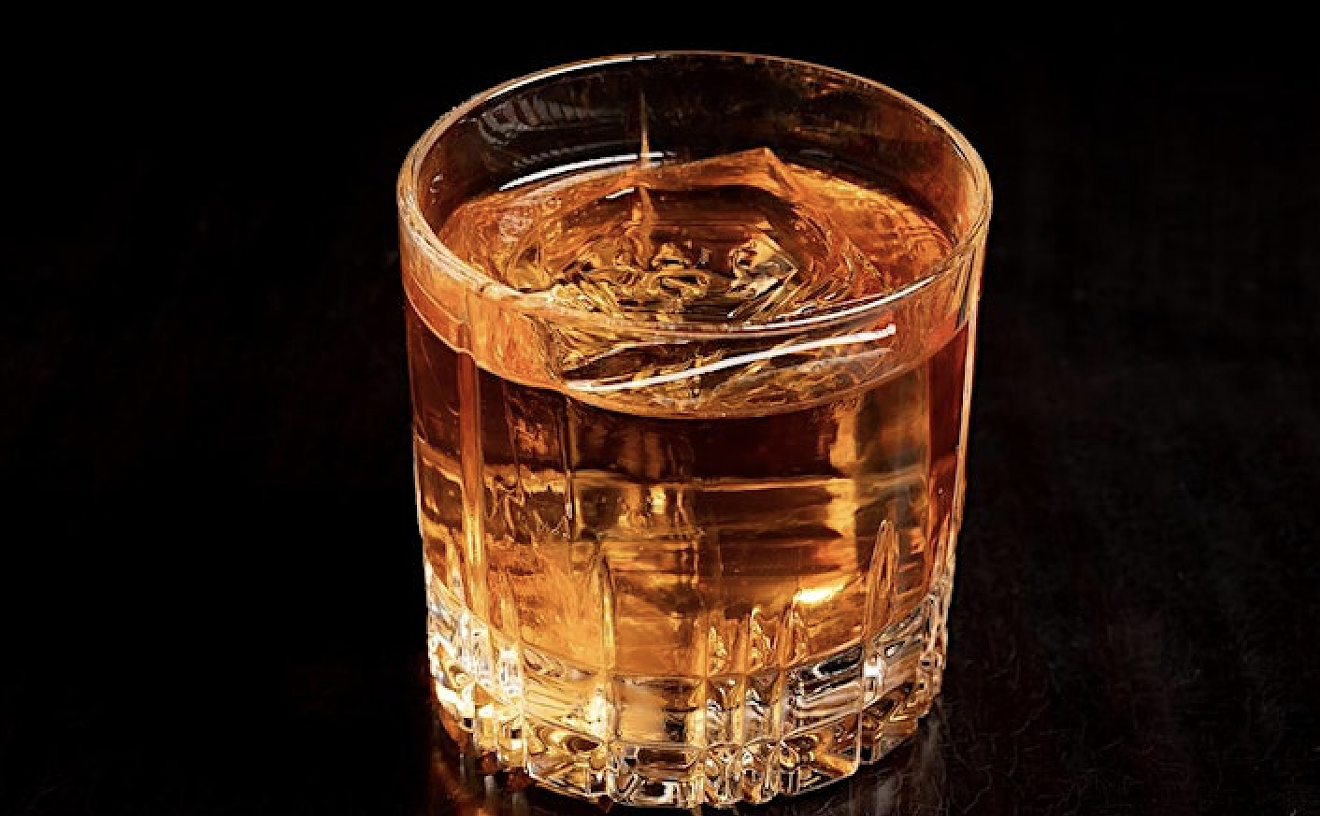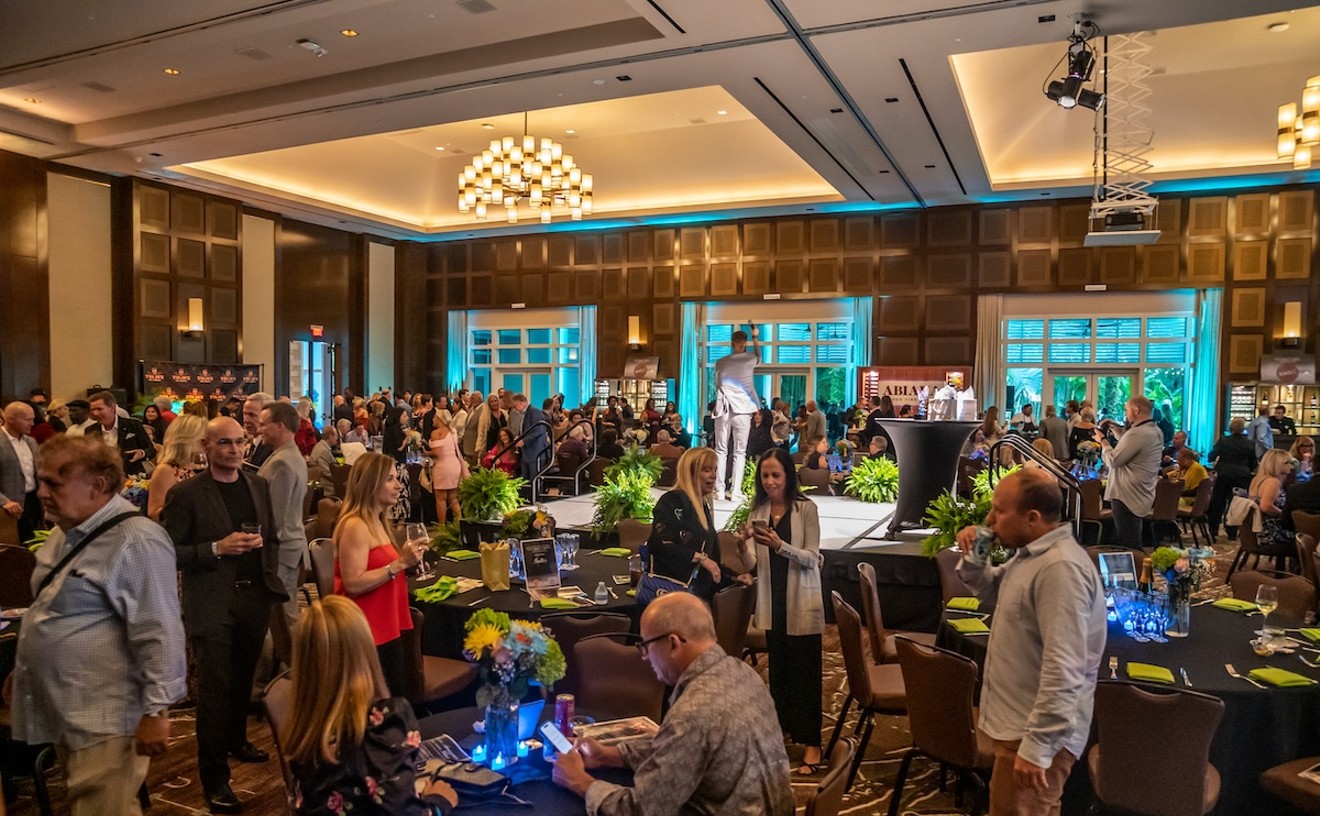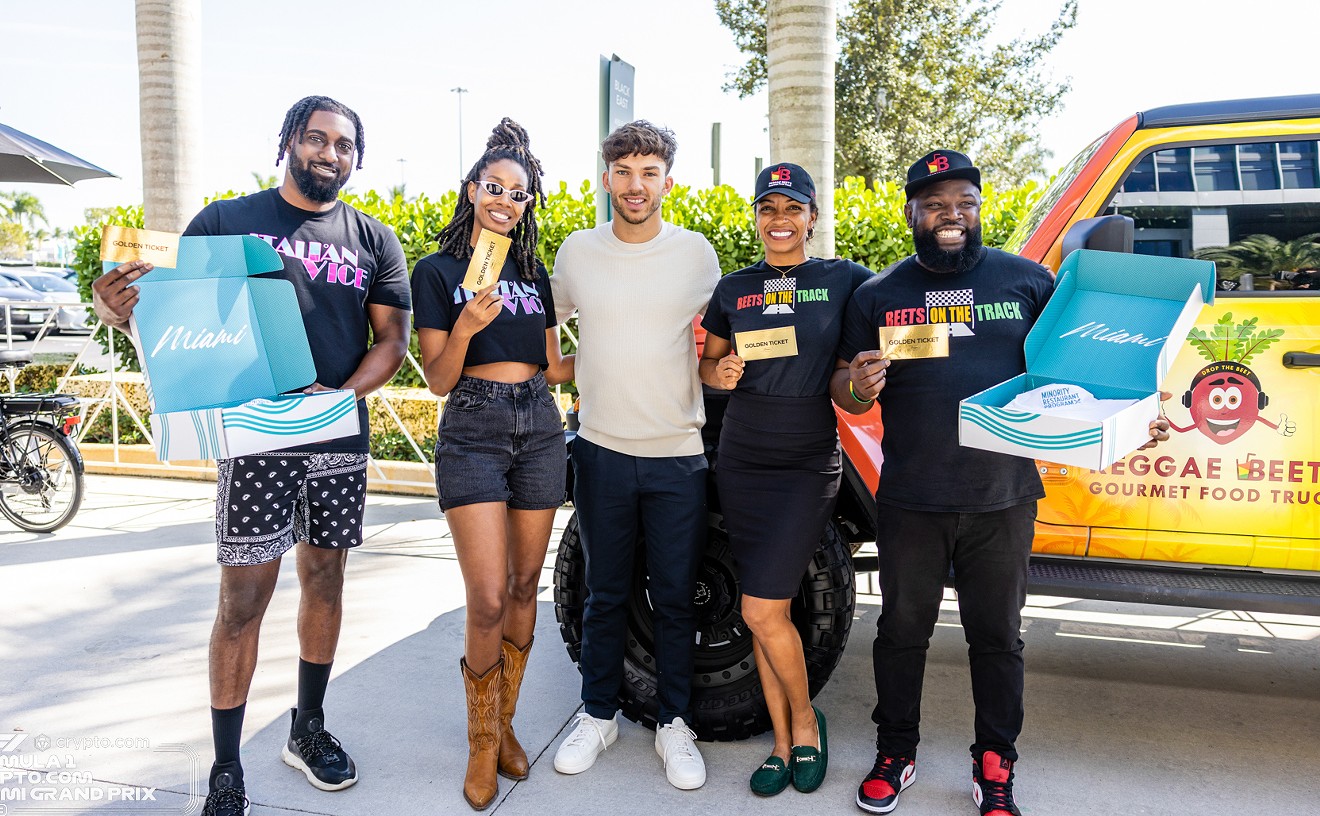How do you take your coffee? Light and sweet? A drop of cream? Perhaps with some sort of nut-based so-called milk or whatever faux dairy is in fashion? All of that's fine for the mass-produced hodgepodge of grounds that come off supermarket shelves or even a higher-end cappuccino or cortado, but they're out of place when it comes to the gently roasted, single-origin beans increasingly appearing in shops and cafés across Miami.
For these, the brew needs to be left black and unadulterated by any accoutrements to express the true flavor that comes from the corner of the globe where the beans were grown.
"What you're doing when you drink it black is telling the story of the coffee, of its origin," says Paul Massard, who, along with his college roommate Chris Nolte, late last year opened West Miami-Dade's Per'La Specialty Roasters. Massard is a licensed Q grader, a near-impossible-to-obtain certification administered by the Coffee Quality Institute. Becoming one demands a five-day exam with 27 parts spanning blind tasting and identifying coffees, identifying coffee varietals from ground beans, and properly scoring roasts and brews to match instructors' assessments. Moreover, recertification is necessary every four years "to recalibrate with different instructors to make sure your palate is still in line," Massard says.
"There's a moment right now where there are no assholes in Miami's coffee scene."
tweet this
If it sounds like the brutal test sommeliers take to become masters, it should. Single-origin coffee can be as nuanced and complex as pricey wines, and Massard says a medium roast is what brings it all out.
Coffees from Indonesia tend to be a bit heavier in body, with the peaty, mossy flavor of wet soil. Those from the northern end of South America — Ecuador, Bolivia, and Colombia — show off a sweeter, more citrusy flavor profile. Continue on to Central America and they turn more acidic, with a bounty of fruit notes. Then hop the Atlantic for East Africa, where coffee originated and wild varieties still grow. "They're very fruit-forward, with some cherry notes, citrus, and everything from raspberry to grape," Massard says.
Since the opening of Panther Coffee in 2009, there's been a growing number of shops across town where you can sample beans from around the globe. There's Macondo Coffee Roasters in Doral and the longstanding Alaska Coffee Roasting in North Miami. Find Eternity Coffee Roasters and All Day, the newest shop to open, nestled in downtown Miami.
In Coral Gables' diminutive Café Curuba, owner Debbie Rabinovici stocks her shelves with bags of beans from Per'La and Panther, as well as those from North Carolina's Counter Culture Coffee. She doesn't take issue with dropping cream into a ready brew or with pouring milk into a good cappuccino, but it's single-origin coffee brewed using a pour-over method and served black as the night sky that she adores. Adding milk to one would be like "putting ice in a $14 glass of white wine," she says. "I always tell people: 'Before you put milk in, just try it.' It's very delicate, almost like a tea in how refined it is."
Rabinovici's preferred method uses a clever. It's a conical plastic device you can buy online for about $18. The setup is less important than how it's used. For that, she grinds precisely 36 grams of whatever coffee is to be brewed. A paper filter is slipped into the cone and then soaked to remove any hint of its flavor. Then the ground coffee is dumped inside and steeped for three minutes in 16 ounces of hot water. It's easy to tell how fresh the roast is by how much foam begins pooling while it brews. The fewer bubbles, the longer it's been since it was roasted. Per'La's Massard says the best beans can be had three to 15 days after they're fired. The ideal temperature to drink the coffee, he adds, is at one closest to your body's. "At that temperature, your tongue and nasal receptors are better at perceiving the range of coffee's flavors," he says.
Shop owners and roasters aren't the only ones in an endless search for the world's perfect dose of caffeine. About three years ago, insurance broker Andrew Giambarba got ahold of some Ethiopian beans from Panther Coffee, and the hook was set. "It tastes great, it doesn't need sugar, and as it cools, you get all kinds of different flavor notes," he says. Soon he was ordering bags of single-origin beans from roasters across the nation and posting the newest additions to his stash on Instagram. It didn't take long for followers to ask him to start a group. Thus, the tediously named Miami Specialty Coffee Club was born.
Once a month for the past half-year or so, anywhere from a dozen to more than 40 people have gathered at coffee shops across Miami-Dade to sip new varieties and learn more about their origins. Yet what happens at each is really up to the shop's owner. At Café Curuba, Rabinovici espoused the merits of the clever. At Camila Ramos' recently opened All Day, "we were getting worksheets; there was a blind cupping. It was like graduate work in chemistry, which is so Camila," Giambarba says. At the end of each meeting, he and the café often disburse the session's best beans. So far, the group has gathered at Per'La's roasting facility, Threefold Cafe, and Vice City Bean. "There's a moment right now where there are no assholes in Miami's coffee scene," Giambarba says. There's no end game in mind other than growing Miami's ranks of coffee enthusiasts in hopes of supporting an even larger scene. "Each time, we get people who don't know anything about it," he says. "And I'm no expert myself. I'm an enthusiast — I like getting people together to celebrate coffee the way it should be."
To get involved with the Miami Speciality Coffee Club, follow NowBrewing.Coffee on Instagram.










